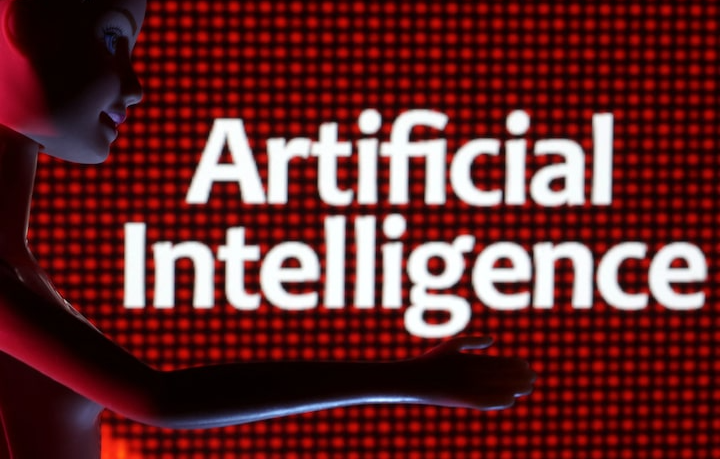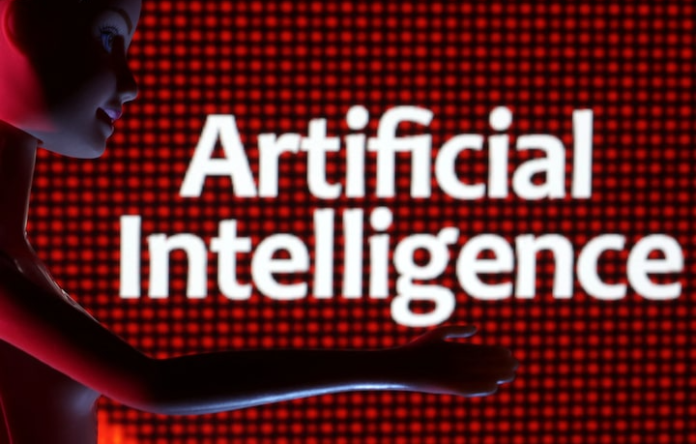A new study from the UK has raised alarms about the growing risks of bank runs fueled by artificial intelligence (AI)-generated disinformation. Researchers warn that AI-powered fake news, spread through social media, could cause widespread panic among bank customers, leading to mass withdrawals.
The study urges financial institutions to enhance monitoring systems to detect and counter these emerging threats before they spiral out of control.
How AI is Increasing the Risk of Bank Runs
The study, conducted by UK-based research group Say No to Disinfo in collaboration with communications firm Fenimore Harper, highlights how AI-generated content can be weaponized to manipulate public perception. Fake reports falsely claiming that a bank is in financial trouble can be created in seconds using generative AI. These misleading posts can then be amplified through targeted social media ads, making them appear credible to unsuspecting customers.
The consequences of such disinformation can be severe. The collapse of Silicon Valley Bank (SVB) in 2023 demonstrated how quickly panic can spread. Within just 24 hours, depositors withdrew a staggering $42 billion, triggering a financial crisis. Now, with AI tools making it easier and cheaper to create fake news, experts fear that similar events could happen on a larger scale.
Social Media’s Role in Spreading AI-Generated Panic
One of the most concerning aspects of AI-driven disinformation is its ability to manipulate public sentiment at an unprecedented scale. Social media platforms act as accelerators for fear, allowing false narratives to go viral within minutes. The study found that nearly 60% of UK bank customers who were shown AI-generated fake content said they were likely to move their money.
Even small investments in spreading false information can yield huge financial impacts. According to the researchers, spending just £10 ($12.48) on social media ads to promote fake banking crises could lead to £1 million in customer withdrawals. This level of vulnerability exposes a critical weakness in modern banking, where mobile apps allow instant fund transfers, making it easy for customers to react impulsively.
What Banks and Regulators Can Do
To mitigate these risks, the study recommends that banks adopt real-time monitoring of both social media activity and customer withdrawals. By integrating these systems, financial institutions can detect unusual behavior patterns and intervene before panic spreads.
Woody Malouf, Head of Financial Crime at Revolut, acknowledged the risks but reassured customers that the fintech company conducts real-time monitoring of potential threats. However, he also emphasized that financial institutions alone cannot address this issue—social media platforms must play a bigger role in detecting and removing AI-generated disinformation.
The Future of AI in Banking

While AI presents risks, it also offers opportunities for the banking sector. Many financial institutions are optimistic about AI’s potential to enhance security, fraud detection, and customer experience. However, regulators remain cautious about AI’s broader impact on financial stability.
The study’s release coincides with an AI Summit in France, where industry leaders and policymakers are discussing AI’s role in shaping the future. While the summit focuses on AI-driven innovation, this report serves as a timely reminder that unchecked AI capabilities can pose serious threats to global financial systems.
As AI technology continues to evolve, banks, regulators, and social media platforms must collaborate to prevent AI-generated misinformation from triggering real-world financial crises. The challenge is clear: how can we harness AI’s benefits while safeguarding against its dangers?



